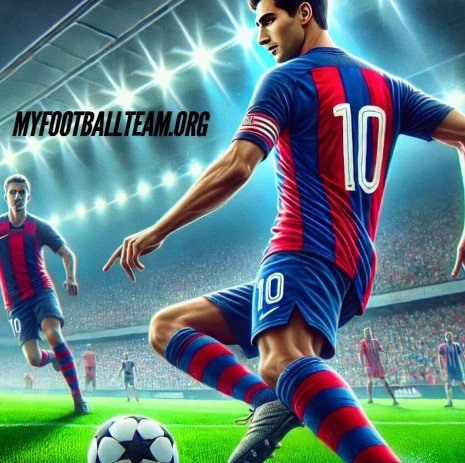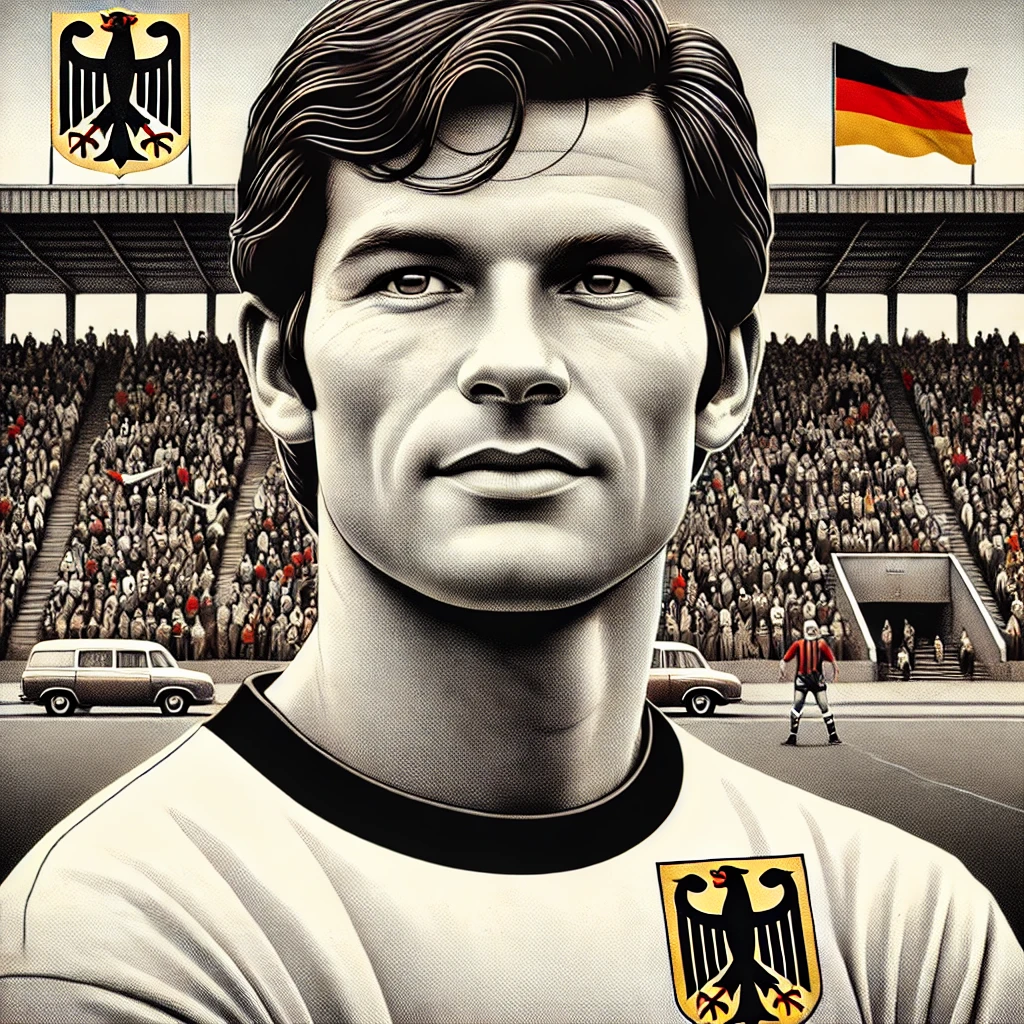Introduction
Football, known as soccer in some parts of the world, is more than just a game; it is a cultural phenomenon that has captivated millions. With its roots tracing back to ancient civilizations, the history of football is as diverse and dynamic as the game itself. This article delves into the origins of football, its evolution over the centuries, and its transformation into the global sport it is today.
The Origins of Football
The origins of football can be traced back to ancient civilizations. Games resembling football were played in China, Greece, and Rome. The Chinese game of Cuju (蹴鞠), which dates back to the Han Dynasty (206 BCE – 220 CE), involved kicking a leather ball through an opening into a net. Similarly, in ancient Greece, a game called Episkyros was played, which featured two teams trying to throw a ball over a boundary line.
However, it was in medieval England where the modern concept of football began to take shape. In the 12th century, various forms of folk football were played in villages across the country, often with no standardized rules. These games could involve an unlimited number of players and were often violent, with the objective usually revolving around getting the ball to a designated area.
Standardization and the Birth of Modern Football
As the popularity of football grew, the need for standardized rules became apparent. In 1863, the Football Association (FA) was established in England, marking a significant turning point in the history of football. The FA introduced a standardized set of rules, known as the Laws of the Game, which distinguished association football from rugby football.
The formation of the FA led to the first official football match between two teams under these rules in 1863. This event laid the foundation for the establishment of clubs, competitions, and eventually, professional leagues. The FA Cup, inaugurated in 1871, was the first knockout cup competition, further popularizing the sport.
The Spread of Football Worldwide
Football’s popularity rapidly spread beyond the borders of England. In the late 19th century, British traders, sailors, and workers took the game to various parts of the world, including Europe, South America, and Africa. Each region adapted the game to its culture, leading to the emergence of unique styles and local leagues.
In 1904, the Fédération Internationale de Football Association (FIFA) was founded in Paris to oversee international competition. FIFA’s establishment was crucial for organizing international matches and tournaments, including the inaugural FIFA World Cup held in Uruguay in 1930. The World Cup has since grown into the most prestigious tournament in international football, captivating audiences around the globe.
The Evolution of Professional Football
The early 20th century saw the rise of professional football leagues. In England, the Football League was founded in 1888, becoming the first professional league in the world. Other countries quickly followed suit, establishing their own leagues and competitions. The Italian Serie A, the Spanish La Liga, and the German Bundesliga became prominent football leagues, each contributing to the sport’s growth and commercial success.
The introduction of television in the mid-20th century revolutionized how football was consumed. The ability to broadcast matches brought the game into the homes of millions, significantly increasing its popularity. Iconic players such as Pelé, Diego Maradona, and later Lionel Messi and Cristiano Ronaldo became global superstars, further elevating the sport’s profile.
The Impact of Globalization
Globalization has had a profound impact on football, turning it into a truly international sport. The influx of players from various countries into domestic leagues has enriched the game, showcasing diverse playing styles and techniques. The English Premier League, for instance, attracts talent from around the world, making it one of the most competitive leagues globally.
Additionally, international tournaments such as the UEFA Champions League have fostered a sense of global competition, where clubs compete on a world stage. This globalization has also led to the rise of football as an economic powerhouse, generating billions in revenue through sponsorships, broadcasting rights, and merchandise sales.
Football’s Cultural Significance
Football is not just a sport; it is a cultural phenomenon that unites people across different backgrounds. The game has the power to transcend borders, languages, and cultures, fostering a sense of community and belonging. Major tournaments like the World Cup and the UEFA European Championship evoke national pride, with fans rallying behind their teams.
In many countries, football is intertwined with social issues, reflecting the struggles and aspirations of communities. The sport has been used as a platform for activism, addressing issues such as racism, inequality, and violence. Initiatives like Kick It Out and Show Racism the Red Card have emerged to combat discrimination in football and promote inclusivity.
The Modern Era of Football
As we entered the 21st century, football continued to evolve with advancements in technology. The introduction of VAR (Video Assistant Referee) has changed the dynamics of officiating, allowing for more accurate decision-making during matches. This technology aims to reduce controversies and ensure fair play.
Moreover, the rise of social media has transformed how fans engage with the sport. Platforms like Twitter, Instagram, and TikTok have allowed players and clubs to connect directly with fans, fostering a more interactive experience. This new era of digital engagement has made football more accessible, enabling fans to stay updated with their favorite teams and players.
Challenges Facing Football
Despite its immense popularity, football faces several challenges in the modern era. Issues such as corruption, financial disparities, and the impact of COVID-19 on the sport have raised concerns. Organizations like FIFA and UEFA are continually working to address these challenges and ensure the integrity of the game.
Moreover, the ongoing fight against racism and discrimination remains a pressing issue within the sport. Many players and clubs are actively advocating for change, promoting campaigns aimed at creating a more inclusive environment for all.
Conclusion
The history of football is a rich tapestry woven with the threads of culture, competition, and camaraderie. From its ancient origins to the global spectacle it has become today, football has continually evolved, reflecting societal changes and technological advancements. As the sport looks to the future, it will undoubtedly continue to inspire and unite people worldwide, solidifying its place as the beautiful game.









